Professor Richard Luxton
Director
Richard Luxton first studied clinical chemistry in the National Health Service for thirteen years at the Bristol Royal Infirmary before moving to the Institute of Neurology in London to study for a PhD in neuro-immunology, investigating antibody affinity in the CSF of patients with multiple sclerosis. At the University of the West of England he focused his research in the area of developing new rapid detection technologies for point of care diagnostics, environmental analysis, food safety and homeland defence applications. One area of research that has been particularly successful is the development of magnetic detection technology for use in immunoassays. Using this technology a magnetic-biosensor has been developed that will perform an assay in three minutes or less.
In 2008 he launched the Institute of Bio-Sensing Technology with his colleague Prof Janice Kiely, which seeks to develop new collaborations between industry and academia through inter-disciplinary research. Following the successful launch of IBST he launched the successful International Conference for Bio-sensing Technology in 2009, in conjunction with Elsevier, which will have its fifth meeting in 2017. Following the success of the conference, Richard worked with Elsevier to launch a new open access journal in 2014 called Sensor and Biosensor Research for which he is Editor-in-Chief.
In 2011 he was successful in launching the South West Biomedical Innovation Network which supports the commercialisation of innovation in small and medium enterprises in the South West of England. In 2012, he launched a European funded Business Technology Centre to develop cell monitoring technology and supporting companies develop their products by enabling access to cutting edge technologies. Also in 2012 he was responsible for launching Medilink South West, a trade organisation for the biomedical sector in the South West of England and is currently the company Chairman. In Sept 2014 he completed his term as Chair of the Sensors in Water Interest Group, a trade body for the water industry, in which he is still an active Board member. He is currently working to develop a new centre for the life sciences where companies can assess academic expertise to develop new products, in particular detection and monitoring technologies for health.

